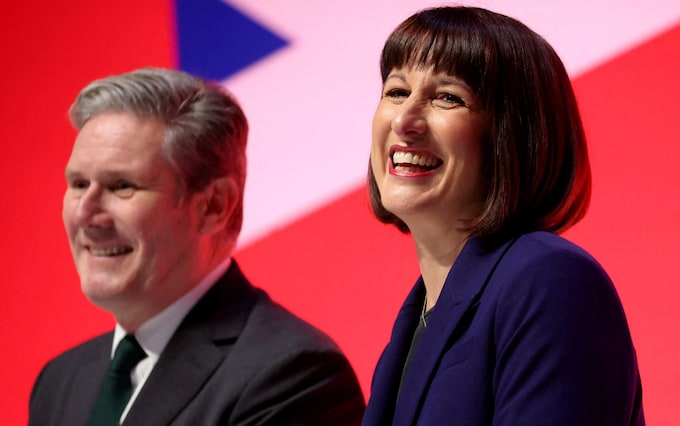Woke ideology is in retreat around the world – except in Britain.
When Labour wins, it will double down on kneeling and rainbow flag waving, even as the rest of the world lurches Right.

The Far-Right – as the cliché has it – is on the march. In Italy, Giorgia Meloni’s government is further to the Right than any since Mussolini. In Germany, the AfD has achieved an unprecedented surge. Far-Right parties are propping up coalitions in Finland, Sweden, and Slovakia. A victory for Marine le Pen could well be on the cards in France.
Meanwhile, progressive leaders including Jacinda Ardern, Justin Trudeau, and Joe Biden have haemorrhaged popular support. Donald Tusk’s coming return to power in Poland has provided some relief for progressives, hailed as a sign of Poland’s “democratic health” (always remember the iron law of progressive commentary: when Right-wing parties lose it’s thanks to “democracy”, and when they win it’s thanks to “misinformation”.)
But don’t mischaracterise the Polish result. Tusk is well to the Right of the UK Conservatives on immigration: In July, for instance, he posted a video criticising the conservative Law and Justice (PiS) government for admitting thousands of immigrants “from Islamic countries”. His critics compare him to another Donald with a famed aversion to Muslim immigration.
And yet we should not interpret a Labour victory as a true popular endorsement of such ideas. Polling clearly and consistently finds that the Great British public really do not like wokeness, and are in fact to the Right of their MPs – both Labour and Tory – on everything from capital punishment to respect for “traditional British values”. If our democracy were direct, rather than representative, any party that promised to “fund the NHS, hang the paedos” would be immediately triumphant.
No, Labour’s likely win will be a result of the fact that no party can remain in power for 13 years without losing the public’s goodwill, particularly during a period of economic stagnation. It would take a minor miracle for Rishi Sunk to retain power at the next election, regardless of what he says and does over the next year or so, since it is exceedingly rare for governments to endure longer than this one already has (in the modern era, only the Thatcher/Major Conservative government can boast such an achievement).
Labour’s victory will be a result of the simple fact that the time has come for a change, and the party finds itself – through no special talent – in the role of successor, as our second largest party. There is no Meloni or Le Pen or Orban on hand. We don’t even have a Tusk.
Is this because of some kind of British aversion to Right populism? I doubt it. A far more plausible explanation is that our first-past-the-post system makes life very difficult for plucky new parties, whatever their political flavour. The last party that managed to break through this barrier and form a government was the Labour Party in 1923, and it did so in large part thanks to the extension of the franchise to so many working class men in 1918. There is no such golden ticket waiting to be picked up by a new party in 2024.
Nigel Farage was able to work around this problem by growing UKIP within the proportional representation system of the European Parliament. But, having achieved its sole objective – Brexit – UKIP and the Brexit Party are excluded from the Parliament which gave them life. Here lie UKIP and the Brexit Party, dead by their own hand.
So are we about to enter a long winter of wokeness? Perhaps initially. But I’d be astonished if Labour enjoyed more than one term in office. Our political system may differ from that of other Western nations, but our political pressures are much the same. Eventually, some new body will come along that pushes the government from the Right. Britain will not remain an outlier indefinitely. DT

.jpeg)